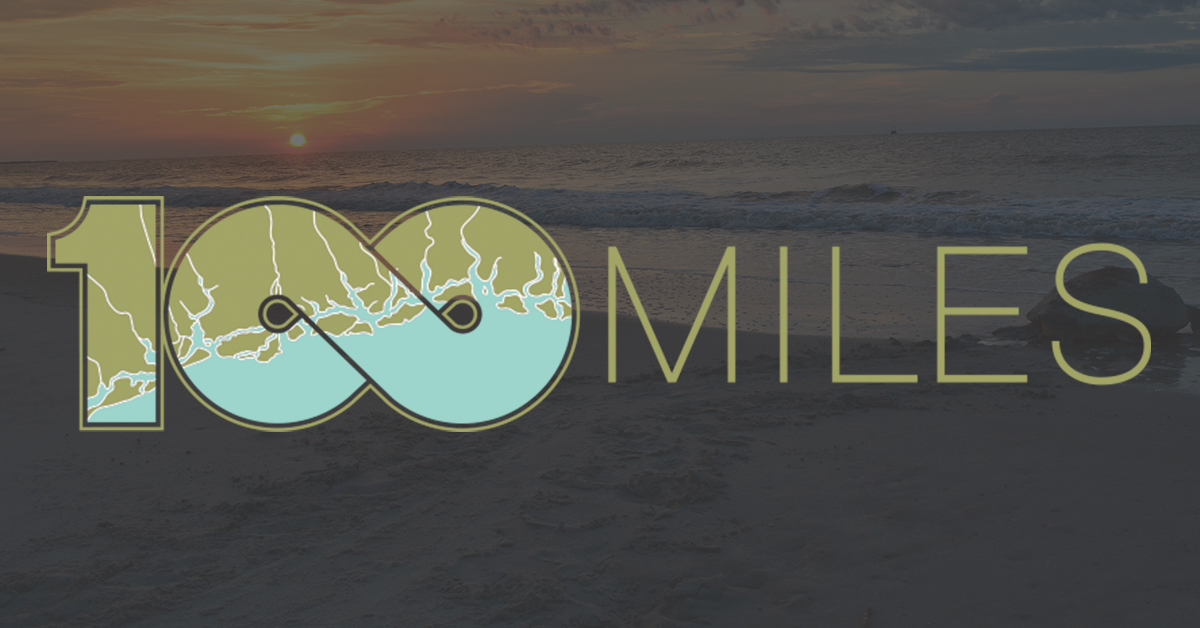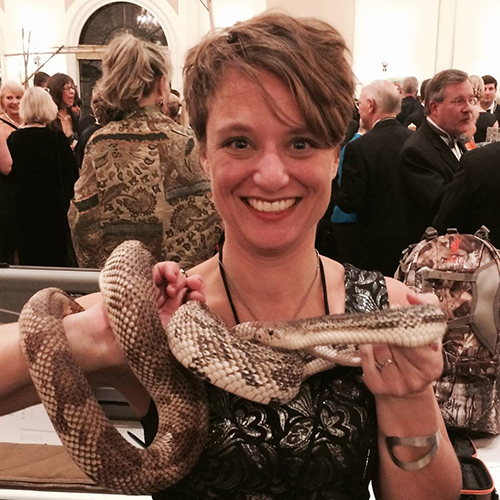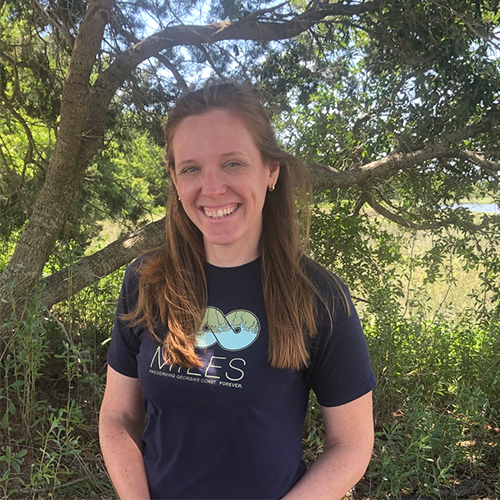When We Litigate
At the end of June, we filed litigation against the City of Brunswick and Maritime Homes over a new development. Despite overwhelming opposition from neighbors and evidence presented by OHM, members of the community, and lawyers that the proposed apartment complex violated the city’s design and zoning ordinances on the marsh front along Highway 17, City Commissioners voted 3-2 to advance the project.
We speak out about projects nearly every day of the week in every local jurisdiction on our coast. Rarely does our opposition lead to litigation. But in very special and important instances like this one, it does.
I wanted to share more about how we make the difficult decision to litigate so that, as supporters of OHM, you better understand our thought process and have confidence that your investment in our work is a responsible one.
Litigation must always be carefully considered. We ask many questions before pursuing litigation, such as:
- Is the case law clear regarding the perceived violation of the law?
- Have we been involved throughout the duration of the decision-making process on this project, and has our position been consistent and clear?
- What will the precedent be if we win or lose?
- Is OHM’s involvement necessary or are their other groups willing to take the case?
- Can OHM afford the legal fees?
- What will happen regarding the proposed project if we don’t litigate?
This careful, strategic approach has led to some big wins over the past 10 years—wins that have protected important resources and communities that would be in much worse condition had we not acted. Here are a few examples:
The Commissioner of the GA DNR vs. Honeywell International, LLC (2020): After nearly seven decades of failure to clean up the Brunswick LCP superfund site, in 2019 the Georgia Department of Natural Resources announced a settlement with Honeywell (the responsible party) to compensate for the recreational fishing opportunities lost due to contamination. Despite having received cost estimates of the damage equal to $4 billion, the parties proposed a settlement of $4 million—an amount equal to less than 1/100 of the total estimated cost.
Recognizing that this settlement would have been the end of negotiations for compensation and that $4 million was completely inadequate, OHM hired an independent attorney to file a motion to intervene in the settlement. In response, the parties promptly withdrew the proposed settlement and went back to negotiating.
Since then, OHM has been advocating for a Natural Resources Damage Assessment, which would more accurately determine the true value of the loss; this could lead to a fairer settlement amount and a much larger benefit for the communities affected by the contamination.
OHM vs. US Army Corps of Engineers (2021): After more than 30 years adhering to winter dredging windows, in 2020, the US Army Corps of Engineers announced plans to dredge Brunswick and Savannah Harbors during sea turtle nesting season—without requiring any environmental review as required by the National Environmental Policy Act (NEPA). In making this abrupt and dangerous decision, the Corps ignored comments from hundreds of sea turtle experts, scientists, and members of the public urging them to stick to their safe and effective decades-old policy of winter dredging.
Represented by the Southern Environmental Law Firm (SELC), OHM filed a motion for a temporary injunction with a federal court in Savannah. Our case highlighted the harm summer dredging would pose to nesting sea turtles and other species. We pulled in scientific experts, as well as sea turtle volunteers who are members of OHM, who could speak to the impact the Corps’ action would have. Ultimately, after reviewing these stories and testimony in which the Corps admitted they had violated federal law, the judge ruled in our favor, preventing the Corps from moving forward with their plan and saving untold number of threatened and endangered sea turtles from being killed.
Despite the 2021 victory, the Corps immediately resurrected plans to dredge year-round and we had to file another challenge last December. Fortunately, after OHM took action, the Corps changed course and agreed to rigorously research the impacts of summer dredging. Had we not brought this case and remained vigilant after our initial win, the Army Corps would be well on its way to setting back nearly 60 years of sea turtle population recovery efforts along Georgia’s coast.
Camden County vs. Petitioners and OHM vs. Federal Aviation Administration (FAA) and Camden County (2022): In our ongoing, years-long battle against Spaceport Camden, OHM assisted a citizens’ group in utilizing a rarely used provision of the Georgia State Constitution: registered voters have a right to petition for a referendum to repeal an action of a county government. The voters in Camden County sought to repeal the County Commission vote to purchase the proposed location for Spaceport Camden. During COVID, OHM stepped in to help. We collected the required number of signatures, and a referendum was held in April of 2022. In a 72%-27% victory, Camden voters overwhelmingly voted to repeal the resolution to purchase the spaceport location, which invalidated any contract Camden County had with the owner of the property. Camden filed challenges to the referendum and the petitions. OHM was not a party to the lawsuits, but we were able to use our resources and connections to fundraise for the legal fees and to hire independent attorneys to defend the petition and referendum. Our involvement resulted in setting an important legal precedent at the Supreme Court of Georgia and provided a back stop for residents to execute their right to protect their shared resources.
At the same time, Camden County’s Launch Site Operator’s License granted by the FAA is still in play for the project. OHM, with our partners at SELC, filed a challenge to the FAA’s issuance of the license. Our goal is to put a final nail in the Spaceport Camden coffin so that we, along with the Cumberland Island National Seashore, Jekyll Island, and private landowners who would have been put at risk from rocket launches, can breathe a sigh of relief. OHM was the only organization poised to both defend the spaceport referendum and challenge the FAA license.
Over the past 10 years, we have proven that OHM stands ready to act. Our action always begins by communicating our love for this place. But advocacy that’s only about love isn’t always the most effective tool in our toolbox. Sometimes more traditional forms of advocacy—like litigation—are needed. Ultimately, no matter how much we stand together to celebrate a place, the decision makers may still vote for projects that will destroy it. Litigation is always a drastic step. But under the right circumstance, it is one we are willing to take if it is what is necessary to protect our coast.
If you have questions about OHM’s strategy or would like more information about any of these cases, please let me know.
Thanks for all you do,
Megan











